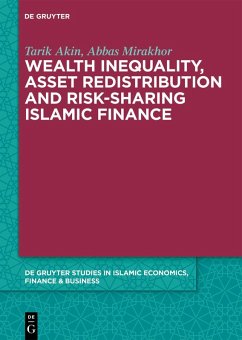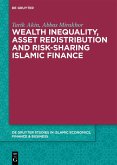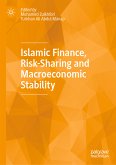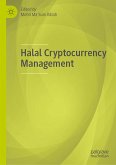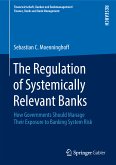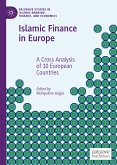Wealth inequality has been not only rising at unsustainable pace but also dissociated from income inequality because of the fact that wealth is increasing without concomitant increase in savings and productive capital. Compelling evidence indicates that capital gains and other economic rents are mainly responsible for wealth inequality and its divergence from income inequality. The main argument of the book is that interest-based debt contracts are one of the drivers of wealth inequality through creating disproportional economic rents for the asset-rich. The book also introduces the idea of risk-sharing asset-based redistribution, which is a novel and viable policy proposal, as an effective redistribution tool to address the wealth inequality problem. Furthermore, a large-scale stock-flow consistent macroeconomic model, which is step by step constructed in the book, sheds light on the formation of wealth inequality in a debt-based economy and on the prospective benefits of implementing risk-sharing asset-based redistribution policy tools compared to traditional redistribution policy options. The research presented in this book is novel in many respects and first of its kind in the Islamic economics and finance literature.
Dieser Download kann aus rechtlichen Gründen nur mit Rechnungsadresse in A, B, BG, CY, CZ, D, DK, EW, E, FIN, F, GR, HR, H, IRL, I, LT, L, LR, M, NL, PL, P, R, S, SLO, SK ausgeliefert werden.

